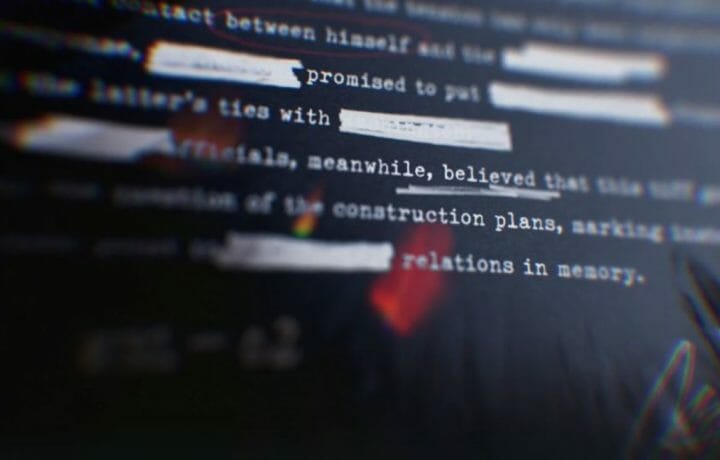Security clearance topics were back in the news last week, both thanks to reports about President Joe Biden having classified documents from his time as vice president in both his private office and personal resident. Now Speaker of the House Kevin McCarthy also removed Democratic member of congress Eric Swalwell from the House Intelligence Committee arguing that the FBI briefing he received on Swalwell showed he ‘cannot get a security clearance in the private sector.’
It’s not the first time politicians have found themselves with security clearance scrutiny. From Hillary Clinton’s server problem to Donald Trump’s Mar-a-Lago classified document treasure trove, it’s clear politicians have some issues following proper procedures around classified documents. In none of these cases do we know much about the documents other than some of the classification markings. There are obviously a few issues:
1. Why were the documents classified in the first place?
With literally tens of millions of classified documents generated each year, there is no question overclassification is a problem. The question is – how do we fix our classification procedures so classification isn’t the default, particularly in an era when so much of what the intelligence community relies on is open source. The Russian invasion of Ukraine is one example of how rapid declassification can help push forward the foreign policy narrative. What are the other instances where declassification can help move the foreign policy needle – but isn’t – because the process is too hard?
2. Why aren’t politicians better versed in classification procedures?
No one wants to sit down the president or a ranking member of a congressional committee and let them know where they can and can’t take classified documents – but someone should. If information doesn’t need to be classified, someone in government should follow the proper procedures to classify the information rather than simply letting a senior official – yes, even the president – walk out the door with it.
3. Is it time for politicians to get cleared?
Rep. Swalwell’s links to Chinese spy Christine Fang are troubling – but they’re not new revelations. Swalwell has been sitting on the intelligence committee despite stories outlining how he placed Fang-tied staff members across a variety of congressional offices. We’ve previously written about how members of congress do not go through a formal security clearance background investigations process. And attempts to vet a politician in a similar way as the average clearance holder can prove problematic. But should there be some special vetting for individuals who want to serve on an intelligence committee? Congressional staff members who need access to classified information do have to go through a background investigations process. At a bare minimum, members of congress should be required to review classification procedures, and perhaps report foreign contacts or counterintelligence attempts.




